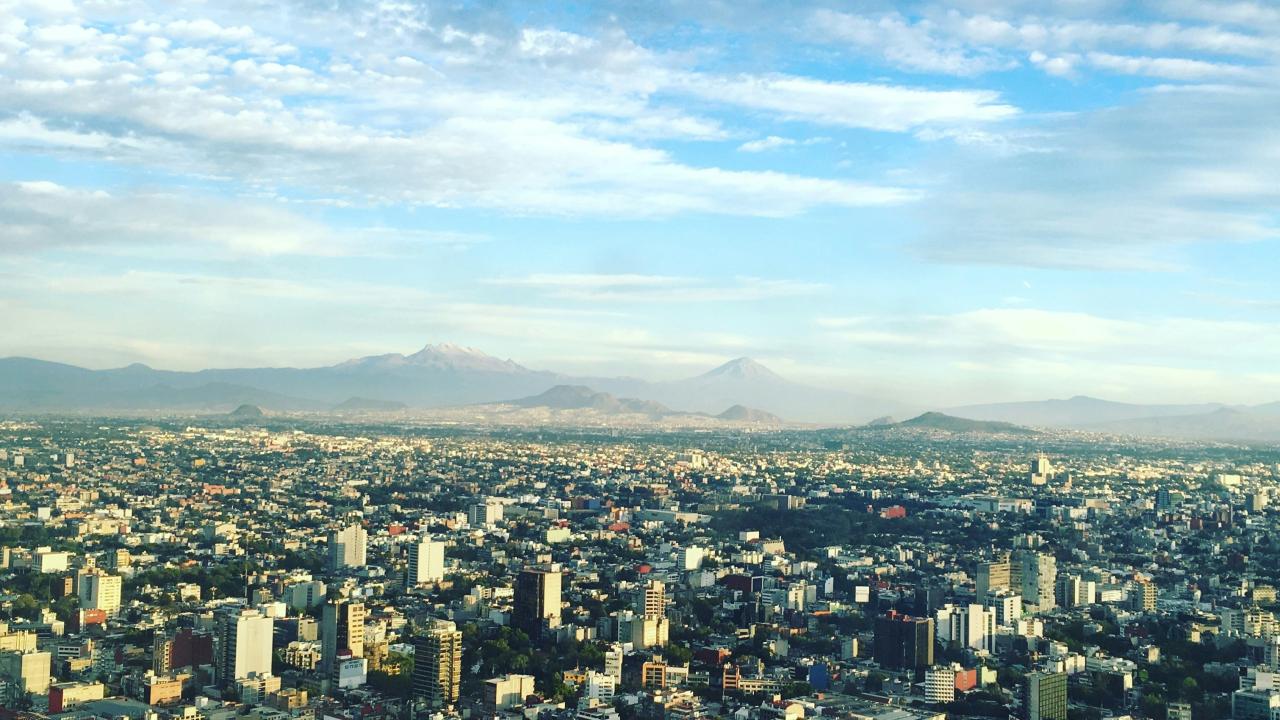
The flow of foreign capital it received (US$36 billion) allowed it to surpass four countries compared to 2022 (Spain, Austria, India and Sweden), as reported by the United Nations Conference on Trade and Development (UNCTAD).
Mexico was ranked ninth among the largest recipients of Foreign Direct Investment (FDI) in the world in 2023, with US$36 billion, reported the United Nations Conference on Trade and Development (UNCTAD).
This is the best historical position that Mexico has recorded, after having reached tenth place on three previous occasions.
The amount of FDI that Mexico received of US$36 billion, the same as a year before, allowed it to surpass four countries compared to 2022 (Spain, Austria, India and Sweden), while it was surpassed by Germany, for which advanced three net positions from twelfth place.
According to the 'World Investment 2024' Report, the list of the largest recipients of FDI in 2023 is headed by the United States, with US$311 billion, followed by China (US$163 billion), Singapore (US $160 billion), Hong Kong (US$113 billion) and Brazil (US$66 billion).
Globally, FDI flows in 2023 totaled US$1.33 trillion, 2% less than in 2022. This figure was affected by strong fluctuations in a small number of European economies. Excluding the effect of these conduits, global inflows decreased more than 10%.
Since 2019, the geographical distribution of manufacturing projects has shifted towards locations closer to the home markets of multinational companies, especially in strategic sectors.
UNCTAD indicated that Europe and North America have emerged as top destinations - as expected, considering that the majority of multinational companies in the ranking are from the United States (19), Europe (53) and Japan (10). -, with Central America (including Mexico -as this organization classifies it-), North Africa and Western and Central Asia also gaining traction.
"This trend reflects a strategic shift towards regionalization and nearshoring , driven by the need to improve supply chain resilience and reduce geopolitical risks," UNCTAD said in its report.
Companies such as Hon Hai Precision Industry and Samsung Electronics have reassessed their manufacturing footprint in China due to trade tensions.
A significant portion of its products, especially high-tech chips and electronics, are produced in manufacturing plants in China and exported to the United States.
Hon Hai reduced its greenfield projects in China from 23 to six, while Samsung reduced its from nine to one.
“Both companies have begun investing in new manufacturing facilities in their domestic markets and in other countries such as Vietnam, India and Mexico, in order of investment size. Hon Hai Precision Industry tripled the number of manufacturing projects in Vietnam,” UNCTAD added.
The share of strategic investment in manufacturing in Central America has also been increasing. Automotive industry manufacturers, such as Robert Bosch (Germany), Toyota Motor (Japan) and Volkswagen (Germany), have chosen to invest in Mexico, largely due to its proximity to the United States.
Multinational companies in the pharmaceutical and medical instrument sectors, such as Bayer (Germany), Medtronic (Ireland) and Johnson & Johnson (United States), have chosen Costa Rica for their investment projects.
Globally, FDI inflows into developing economies, which have been strong in recent years, declined 7% in 2023.
In turn, flows to developed economies, net of conduits, fell 15%. They were hit by corporate financial reconfigurations – driven in part by moves to introduce a global minimum tax for large multinational companies (MNEs) – and by a big drop in the value of cross-border mergers and acquisitions.









